In the spirit of building a collective, moral consciousness, the World Economic Forum’s Global Agenda Council on Human Rights has published the report: Shared Responsibility: A New Paradigm for Supply Chains. It proposes a coordinated response by global and local businesses, governments, international organizations, philanthropic groups, unions and other interest parties to devise collective solutions and share the financial costs of addressing the most entrenched human rights problems in complex supply chains.
Why Human Rights is a Shared Responsibility
A New Approach to Improving Asia’s Labor Conditions
The Role of Human Rights Defenders in Enhancing Supply Chains
Expanded supply chains also have created millions of new jobs, helping lift hundreds of millions of people out of extreme poverty. But the rapid growth of supply chains also has brought new challenges, subjecting many of those who work in these industries to exploitation and unsafe working conditions that fail to meet international labour rights standards. How can human rights defenders contribute to improving working conditions while encouraging market growth?
Ensuring Labor Rights in Global Supply Chains Requires Transparency in All Layers of Multi-Tiered Systems
World Economic Forum's Global Agenda Council on Human Rights Examines Global Supply Chains
Social Impact Bonds For Factories In Bangladesh
Bangladesh Can Look to this Unlikely Place to Fix its Garment Sector
Business as Usual is Not an Option: Supply Chains and Sourcing after Rana Plaza.
In April 2014, the Center published Business as Usual is Not an Option: Supply Chains and Sourcing after Rana Plaza. The collapse of Rana Plaza, which killed over 1,100 workers, revealed the safety risks and poor working conditions endemic in the Bangladeshi garment industry. On the basis of over 100 interviews and two convenings in New York and Dhaka, which brought buyers together with their local suppliers, we identified indirect sourcing as the problem most in need of greater attention.














